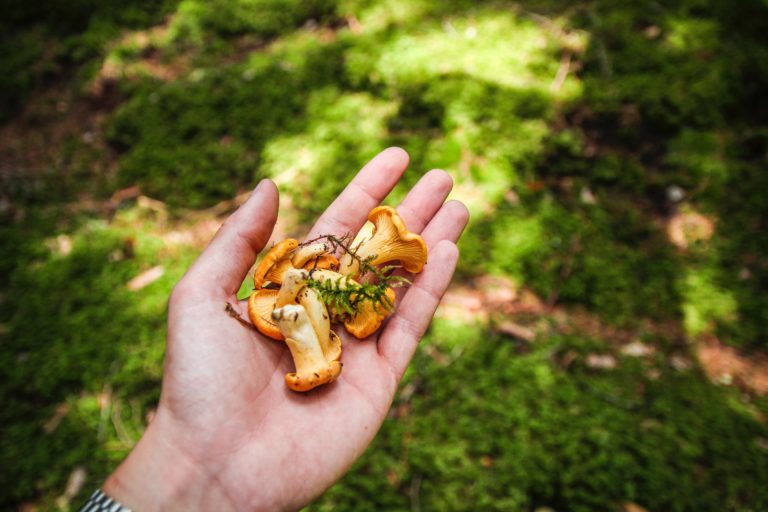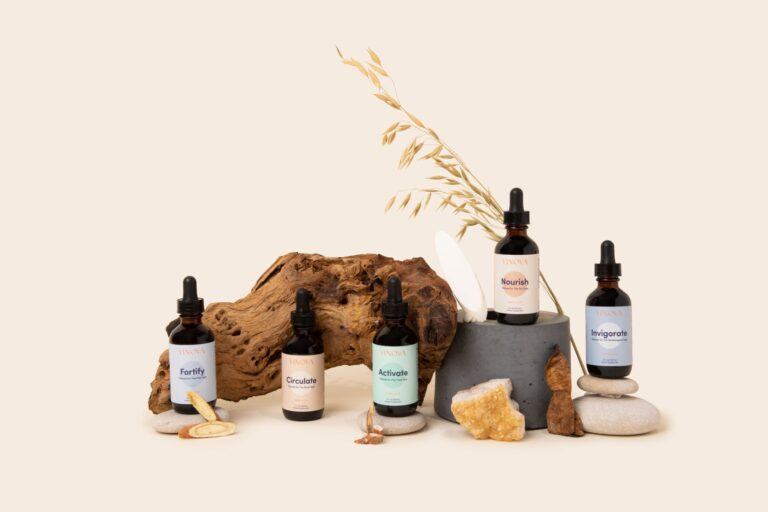“Does herbs really work?”
That is the sentence I frequently hear as media director for one of the country’s leading acupuncture and Chinese medicine centers. Daily, I am surrounded by seasoned practitioners in a medicine viewed today as an alternative to the norm. As a result of that view, we regularly hear skepticism. It’s not a bad thing, either. Before embarking on treatment for any ailment or for general health, it’s practical for you to do research. But in that process, you may stumble on information that misrepresents a practice rooted in thousands of years of proven wisdom.
Earlier this year, one such report coming out of Australia gave us pause, claiming that samples of Chinese herbs seized by border officials in that country were found to contain trace elements of endangered species and toxic plant life.
This is not what we like to hear, naturally. In our work environment, we take this as a prime opportunity to work with our patients to educate them on what the Chinese herb scene looks like in the United States.
Our clinic director Jill Blakeway is one of those practitioners who handle this skepticism when adverse reports come out. “My patients get disconcerted when they read about contamination in Chinese herbs, but really the incidence is small,” she said. “Contaminated herbs or herbs containing endangered species are easy for an experienced practitioner to avoid. It’s disappointing when the media take an isolated incident of poor quality herbs and extrapolate that out into a condemnation of the whole field because the truth is that the vast majority of Chinese herbs are very safe.” And Jill is not alone when it comes to clearing the air.
“Let’s make a distinction between herbal products, traditional Chinese medicine products used by licensed professionals and herbal products that have herbal components out of China,” said Thomas Leung, CEO of Kamwo Herbal Pharmacy, a New York City company that serves traditional Chinese medicine (TCM) practitioners.
Leung is one of a number of professionals in the TCM field who finds concern with products lacking integrity entering the market. “However the things they talk about [in the article] are not necessarily used by TCM professionals,” he said.
As Leung suggests, and reports confirm, the contaminated herbs in question come from China. Despite international law banning the trading of endangered species, some ingredients do get into the mix when herbs are being sold by less accountable sources.
Another esteemed professional in the field of Chinese medicine is Bill Egloff, from Crane Herb Company, an herbal pharmacy based in Massachusetts. Over the phone, Egloff made it a point to say that companies like his will only distribute herbs to state-licensed practitioners to only then be prescribed to patients, and not sold in small shops to the public. This is an important distinction for herbal companies like Crane. As Egloff explained, Crane distributes herbs that come from sources with extremely high levels of authenticity and accreditations from authorities such as the Taiwan Accreditation Foundation and Taiwan’s Committee on Chinese Medicine and Pharmacy.
Herbs coming from Taiwan actually undergo intense scrutiny before making it to the marketplace. Not only are herbal distributors certified, but also the products they sell carry a certificate of analysis, attesting to the purity and specific ingredients of each product.
Furthermore, since companies like Crane and Kamwo only distribute herbs to practitioners, and not the public, by the time herbs get in the hands of patients, their safety is reassured by layers of professionals from board certifiers to distributors to the licensed practitioner.
For a public seeking safe and effective treatment, reports like the one appearing in The Telegraph can make anyone wonder about the credibility of these products. As all three herbal experts agreed, the best method for a healthy public is to remain an informed public. “Trust and verify,” Egloff said. “It comes back to that adage to trust and verify. Accountability is just a great principle to base a company on.”






